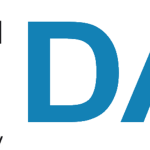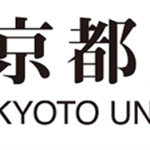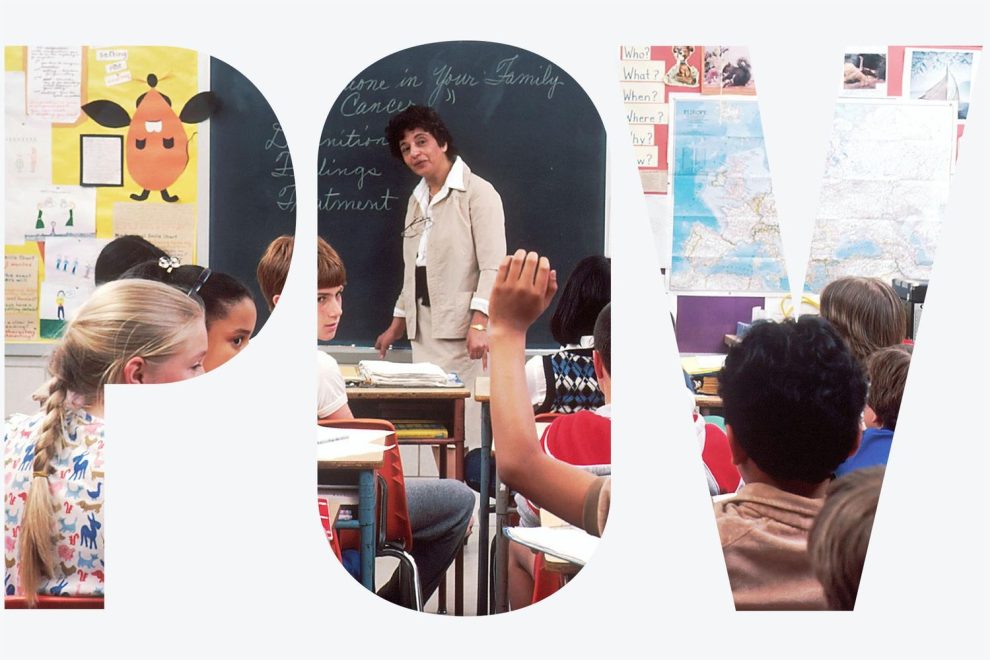Classroom curriculum today is split between charter, religious, public, and private schools: creating a system that preserves the benefits of both public education and educational choice will foster shared civic values
A flourishing democracy depends on more than just free elections and the rule of law—it also rests upon a resilient foundation of communal values. Without a shared ethos, democracy fragments into warring cliques and self-serving echo chambers, further undermining our already tenuous ability to confront common enemies and pull together as one nation.
At one time, civics training and patriotic origin stories permeated every school classroom. Though often naïve and deeply flawed, these stories subliminally bound Americans into a nation. They helped us reject laws when they were unjust or counter to the spirit of the American dream.

Now these guideposts are lost.
Today, public education is in crisis, forcing teachers onto the front lines of the culture wars. Major institutions, like the National Archives, neuter factual history to avoid controversy. Classroom curriculum is split between charter, religious, public, and private schools, with civics and American history courses languishing in a house divided against itself.
Perhaps the last remaining American core value is the right to our own “truth”—hardly a unifying thread for a nation founded on e pluribus unum.
Such worries trace their roots back to ancient Greece. Aristotle, in his Politics, argued that education should be public and aim to produce “good citizens” who contribute to the common welfare:
“Since the whole city has one end, it is manifest that everyone must also have one and the same education and that taking care of this education must be a common matter. It must not be private in the way that it is now, when everyone takes care of their own children privately and teaches them whatever private learning they think best. Of common things, the training must be common.”
Millennia later in America, the Northwest Ordinance of 1787 promised: “Religion, morality, and knowledge being necessary to good government and the happiness of mankind, schools and the means of education shall forever be encouraged.” A section of each new territory was set aside for the support of public schools and colleges, in accord with the earlier Land Ordinance of 1785.
Public education is very much a traditional value.
But our penchant for individualism presents a challenge: How do we unite around a common mythos without stifling the diversity that makes our society dynamic and free?
One possible solution is a blended model preserving the benefits of both public education and educational choice. Under this model, students would attend public school for three days each school week, where they would receive instruction in core academic subjects and civic education. For the remaining two days, families could choose to either continue their child’s education in public school or enroll them in an accredited private or homeschooling program reflecting their unique values and interests.
This blended approach offers several advantages. First, it preserves the essential role of public education in fostering shared civic values. By spending at least part of the week in a public school setting, students from diverse backgrounds would interact with one another, learning not just from textbooks, but also from their peers. This interaction helps cultivate the tolerance, understanding, and cooperation a democracy requires, and is known to improve social outcomes. All citizens would have skin in the game, and be invested in their local school system’s success.
At the same time, the flexibility of two days for private or home education allows families to pursue specialized or religious instruction without sacrificing their engagement with the broader society. Rather than forcing onto the public school system a narrow definition of what it means to be an American, a creative tension emerges, challenging and strengthening our democratic culture, and enabling a 21st-century set of core values to evolve.
Uncertain times call for disruptive solutions. Education is ripe for change. We need to agree on a list of 10 core democratic values long before we can discuss putting the Ten Commandments in public classrooms.
This blended model—“3+2>5”—will upend school funding, force educators to rethink curricula, and challenge our students. But without a shared value system, society falters and the rule of law becomes the least of our problems.
Source: Bu Today




















